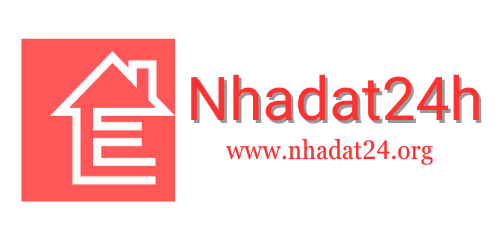trickspider87
About Me
Mastering the Science of Productive Time Scheduling
Introduction
In today's dynamic world, time organization is becoming increasingly crucial for attaining personal and professional success. Understanding how to efficiently organize your time can result in higher efficiency and better life balance. Vibrant desert art festivals will delve into the essential aspects of successful time planning and offer practical tips to help you make the most of your time.
Body Content
Understanding What Matters Most
The basis of effective time organization starts with recognizing what truly matters to you. Identify your goals, both immediate and future. This understanding will guide how you allocate your resources.
Developing a Structured Schedule
A organized schedule is key for staying on track with your activities. Use tools like planners or digital applications to plan your day or week tasks. Include buffers for unplanned events, ensuring you remain adaptable.
Setting Realistic Goals
Avoid overloading yourself by setting realistic targets. Break large tasks into more manageable, smaller tasks. This strategy helps you to avoid anxiety and maintain progress.
Leverage Digital Tools
With the appropriate digital tools, time management can become easier. Programs such as Trello, Asana, or Google Calendar aid in organizing tasks, and streamlining notifications, improving your efficiency.
Analyze and Adjust
Frequent assessment of your time scheduling process is important for advancement. Reflect on what is successful and what could improve. Implement adjustments to enhance your method continually.
Conclusion
Improving time management is a journey that involves commitment and practice. By understanding what matters most, developing a organized schedule, setting realistic goals, and utilizing digital tools, you can successfully manage your time. Remember to frequently review and adjust your method to ensure your advancement on this journey.
